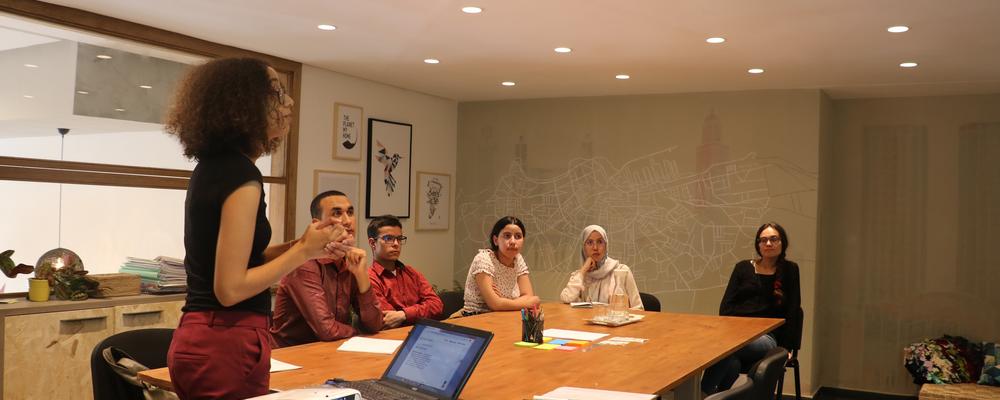Bild

Individualising Education in Swedish for Immigrants: Challenges and Innovations Across Policy and Practice
Forskning
Samhälle & ekonomi
Utbildning & lärande
Seminarium med Dimitrios Papadopoulos, Universitetsadjunkt, Institutionen för pedagogik och specialpedagogik
Seminarium